
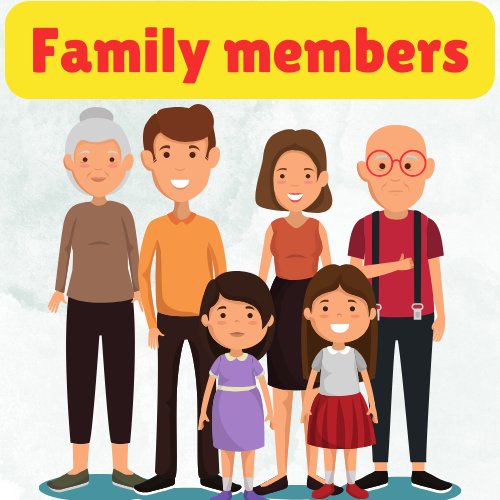
Welcome to our beginner English lesson on basic family members! Knowing the names of family members is essential for discussing your family and relationships. In this lesson, you will learn about basic family members in English. Family members are the people related to you by blood or marriage. Let's get started!
Lesson Content:
Introduction to Basic Family Members:
In this lesson, you will learn about basic family members in English. Family members are the people related to you by blood or marriage.
Basic Family Members:
Father: Your male parent.
Mother: Your female parent.
Brother: A male sibling.
Sister: A female sibling.
Grandfather: The father of your parent.
Grandmother: The mother of your parent.
Uncle: The brother of your parent or the husband of your aunt.
Aunt: The sister of your parent or the wife of your uncle.
Cousin: The child of your uncle or aunt.
Son: Your male child.
Daughter: Your female child.
Husband: The man to whom someone is married.
Wife: The woman to whom someone is married.
Exercises and Activities:
Practice Family Vocabulary:
Repeat the names of the family members.
Write sentences using each family member (e.g., "My father is a doctor.", "I have a sister named Anna.").
Welcome to our beginner English lesson on basic family members! Knowing the names of family members is essential for discussing your family and relationships.
In this lesson, you will learn about basic family members in English.
Family members are the people related to you by blood or marriage.
Let's get started! Lesson Content: Introduction to Basic Family Members: In this lesson, you will learn about basic family members in English.
Family members are the people related to you by blood or marriage.
Basic Family Members: Father: Your male parent.
Mother: Your female parent.
Brother: A male sibling.
Sister: A female sibling.
Grandfather: The father of your parent.
Grandmother: The mother of your parent.
Uncle: The brother of your parent or the husband of your aunt.
Aunt: The sister of your parent or the wife of your uncle.
Cousin: The child of your uncle or aunt.
Son: Your male child.
Daughter: Your female child.
Husband: The man to whom someone is married.
Wife: The woman to whom someone is married.
Exercises and Activities: Practice Family Vocabulary: Repeat the names of the family members.
Write sentences using each family member (e.g., "My father is a doctor.", "I have a sister named Anna.").
|
|

FatherFather |
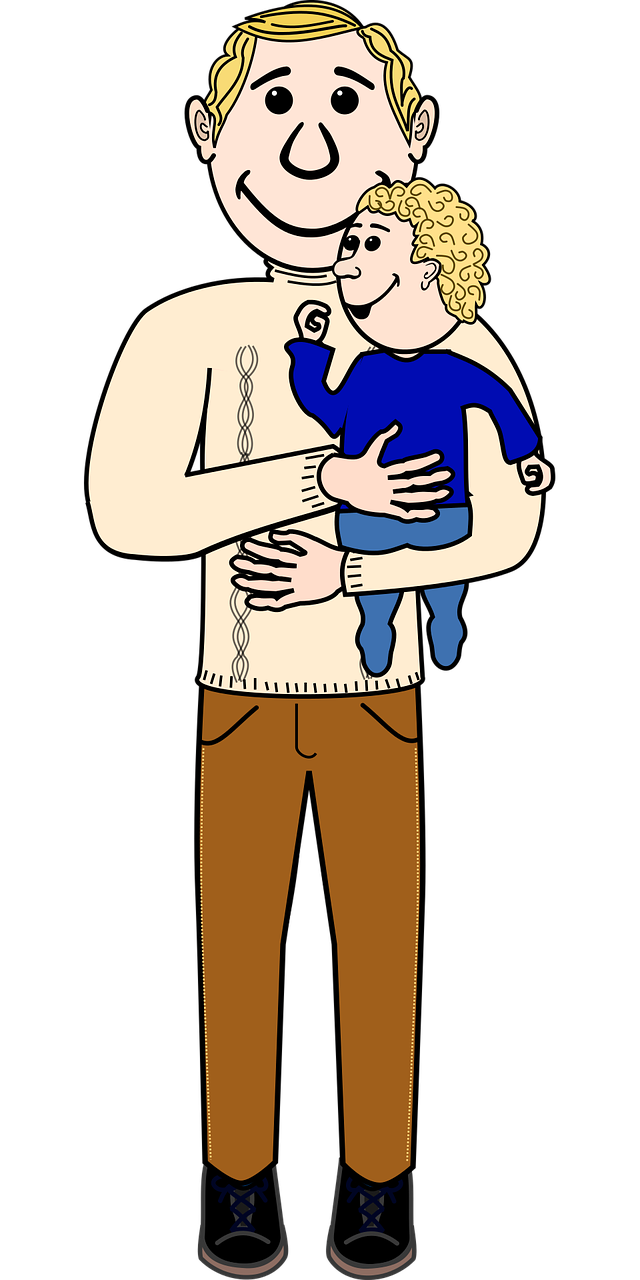
My father is tallMy father is tall |

MotherMother |

Her mother cooks wellHer mother cooks well |
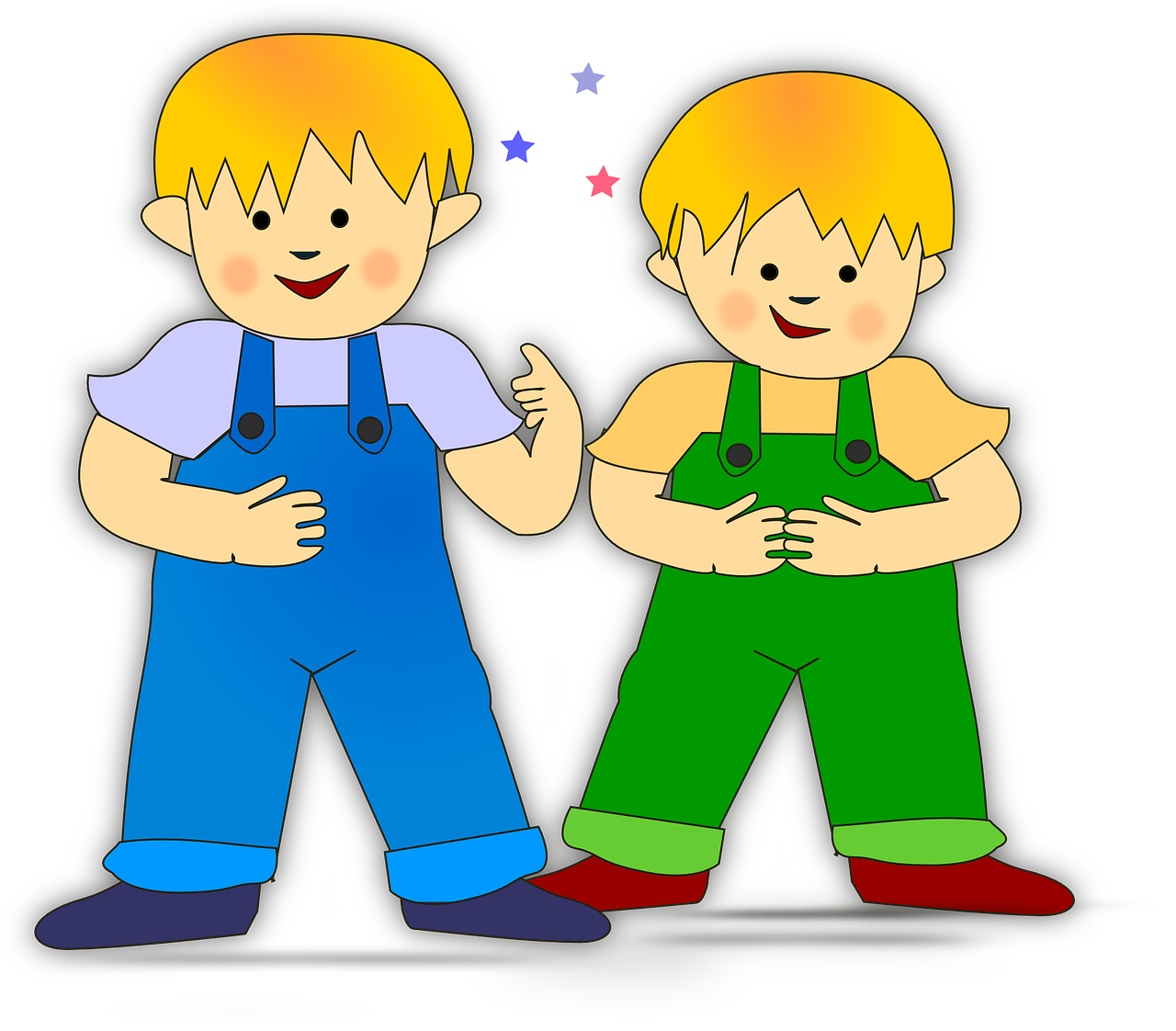
BrotherBrother |
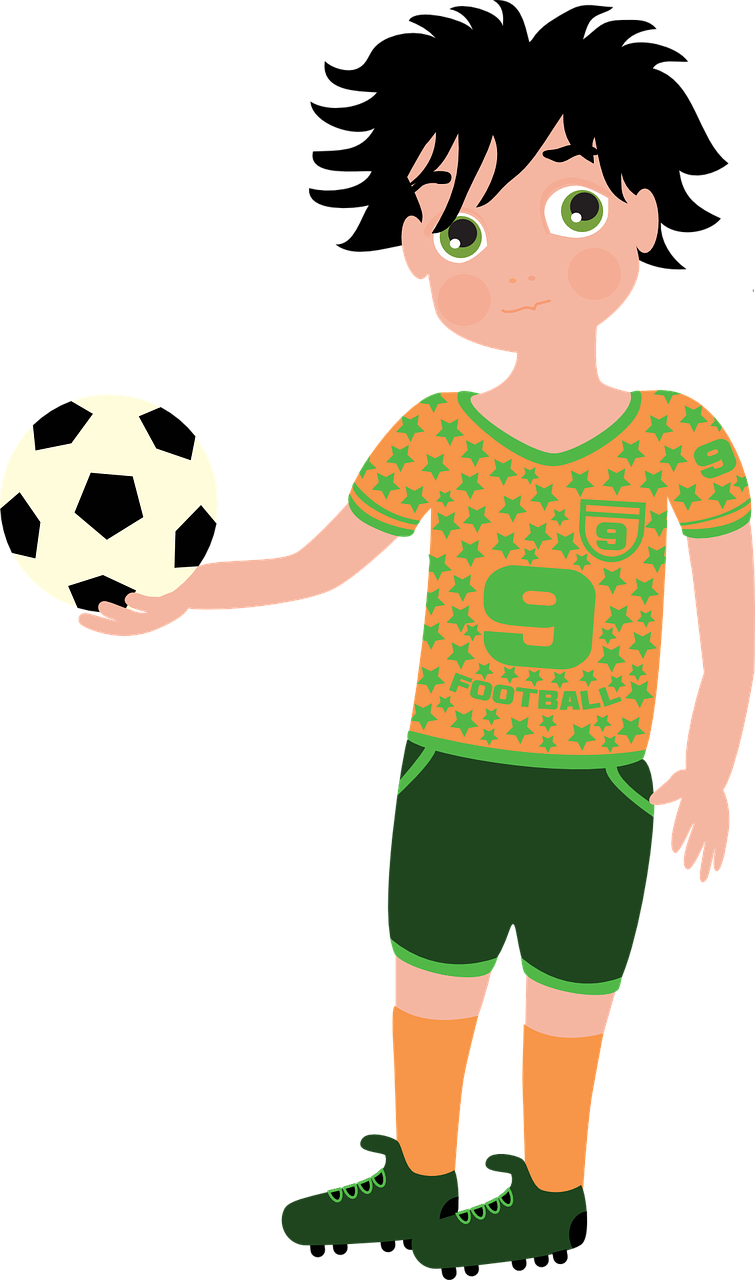
My brother plays footballMy brother plays football |
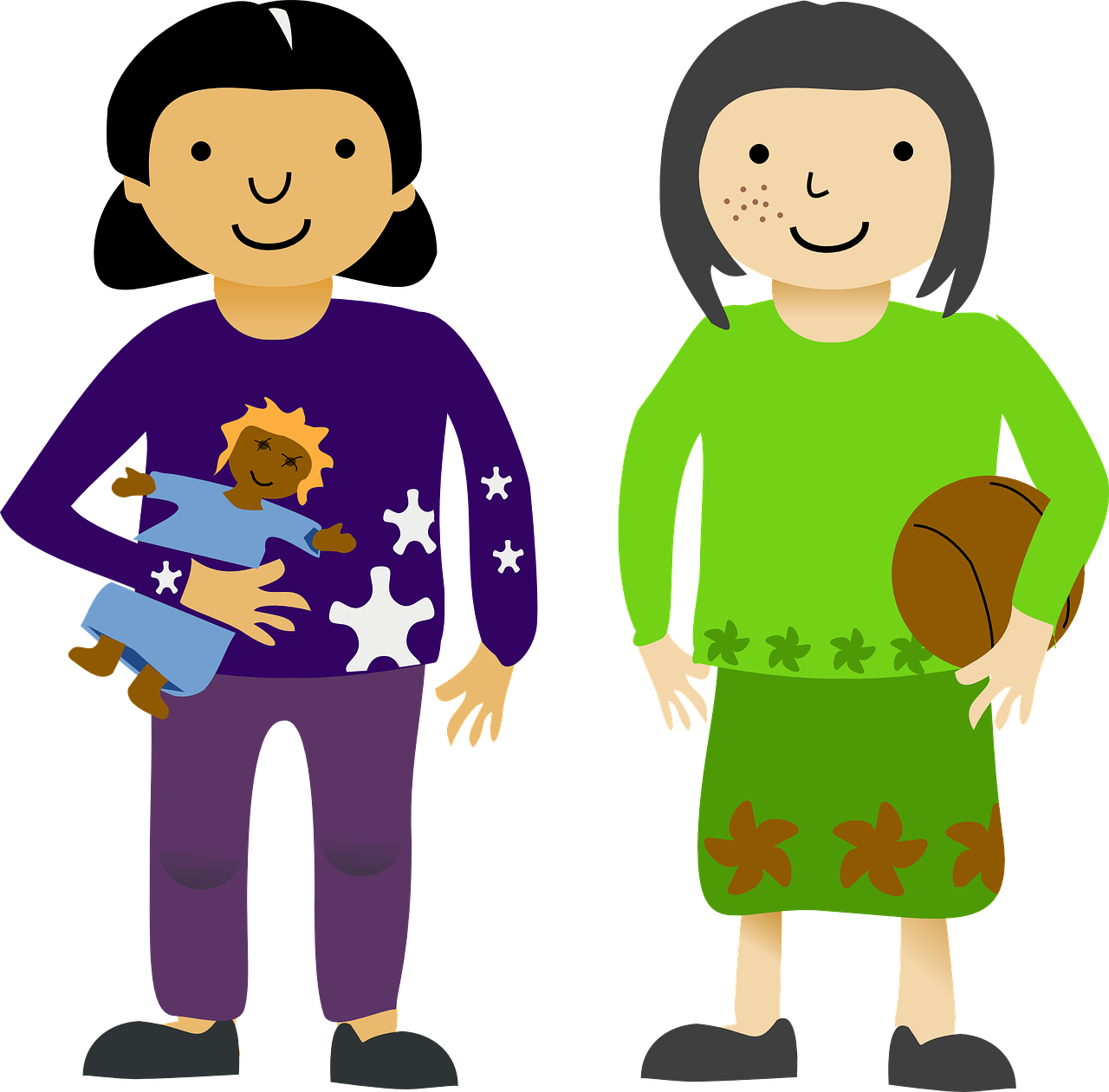
SisterSister |

Her sister reads booksHer sister reads books |

GrandfatherGrandfather |
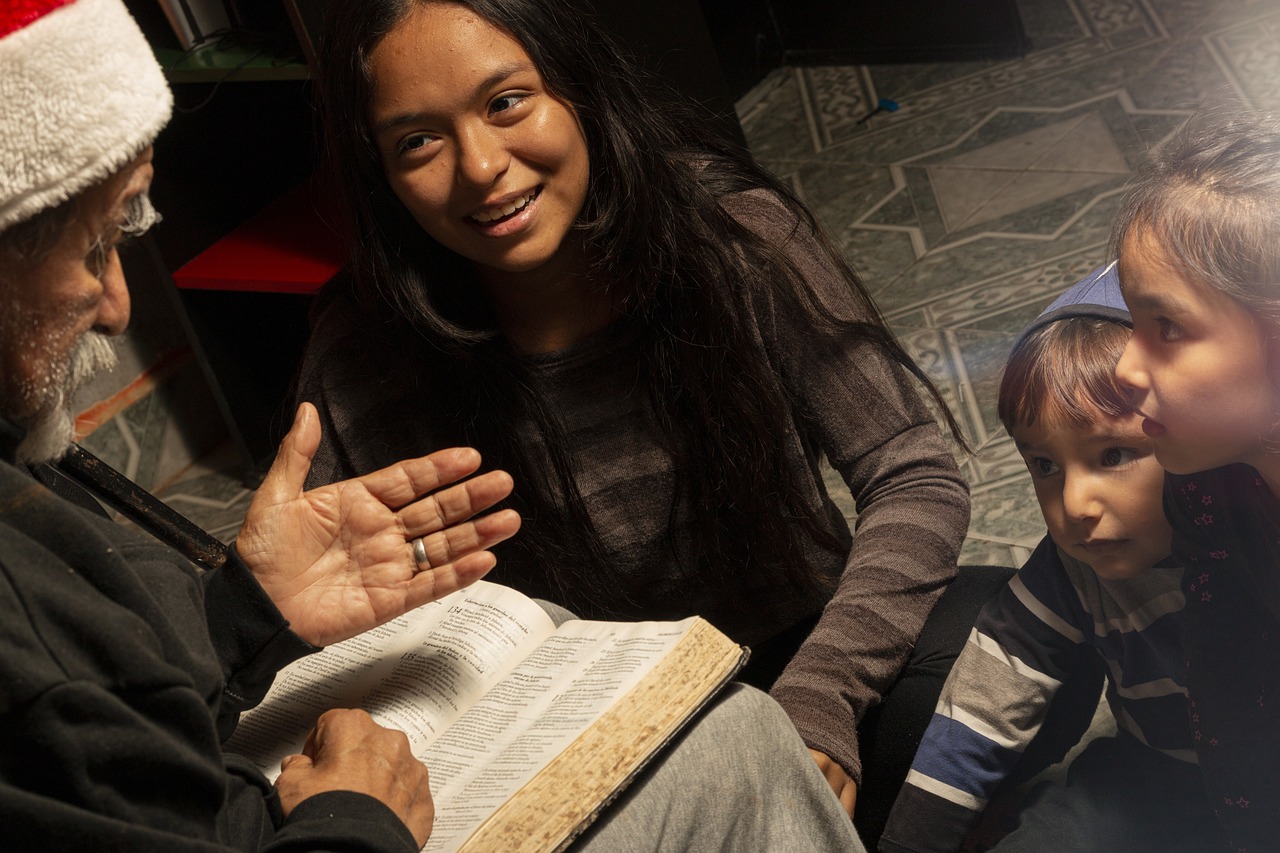
His grandfather tells storiesHis grandfather tells stories |

GrandmotherGrandmother |

Our grandmother bakes cookiesOur grandmother bakes cookies |

UncleUnclean uncle is the brother of my father or my mother. |

Their uncle drives a carTheir uncle drives a car |
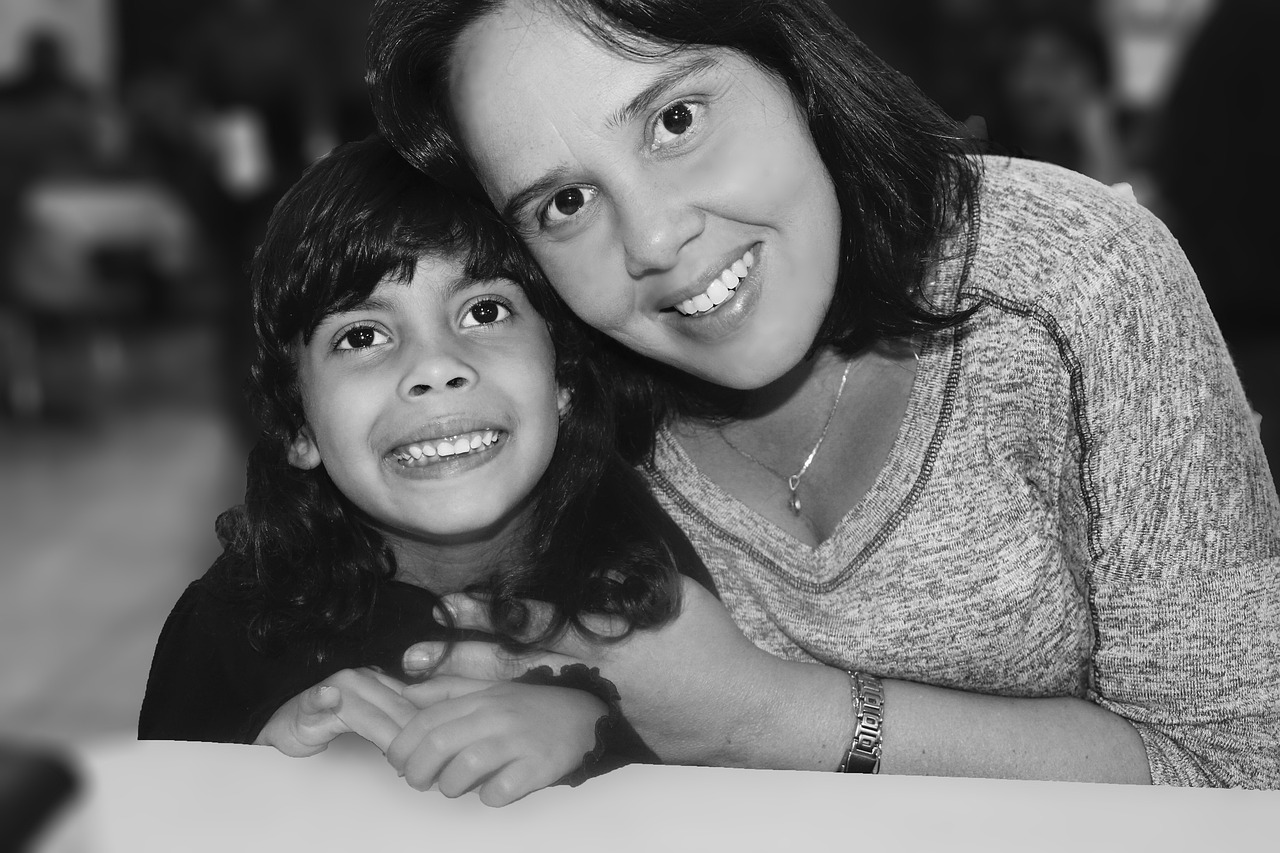
AuntAuntan aunt is the sister of my father or sister of my mother. |

Her aunt sings beautifullyHer aunt sings beautifully |

CousinCousinThe cousin is the son of an uncle or aunt. |
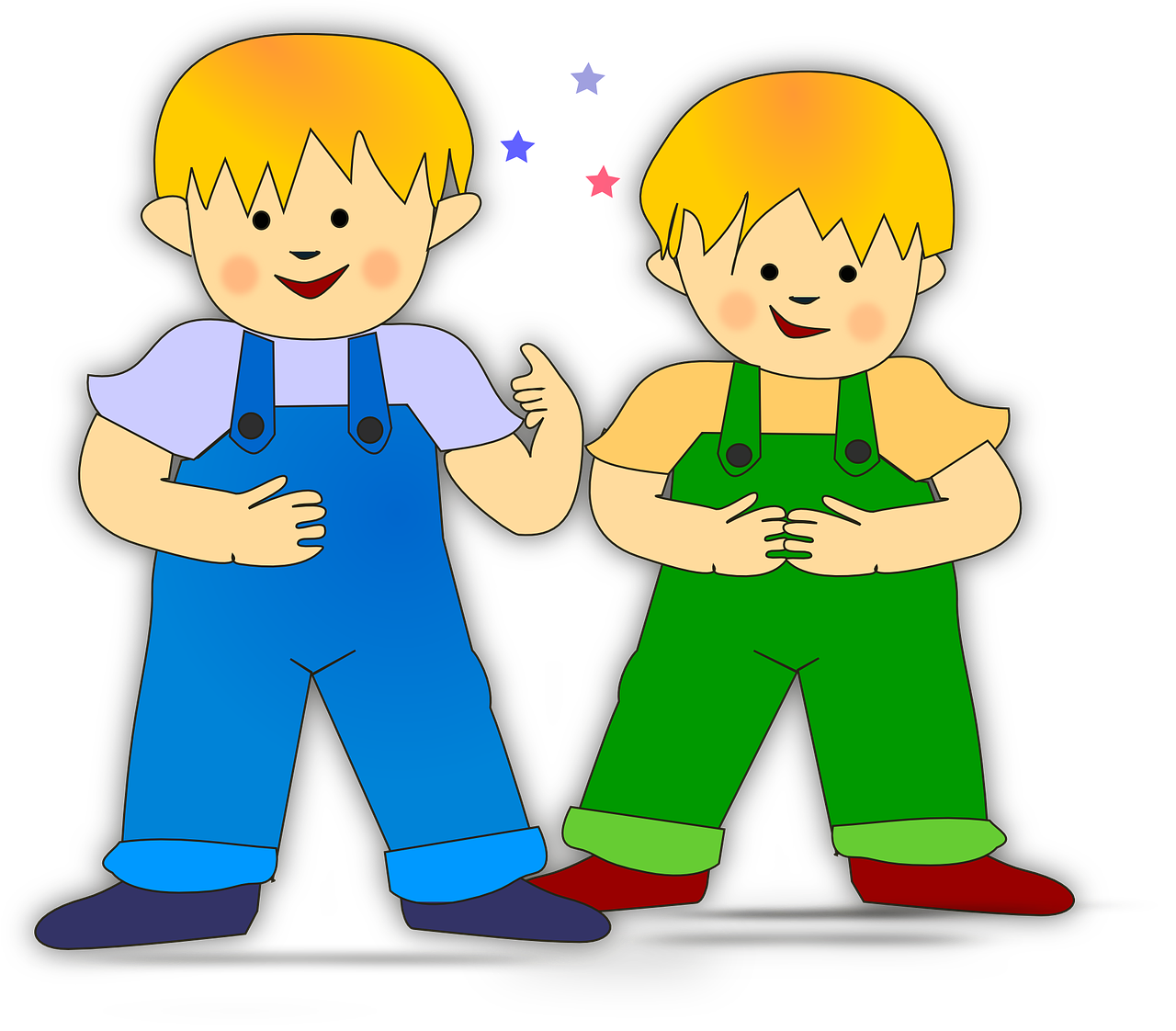
My cousin is my best friend.My cousin is my best friend. |

NieceNiece'niece' is the daughter of my brother or my sister. |

My niece draws pictures.My niece draws pictures. |
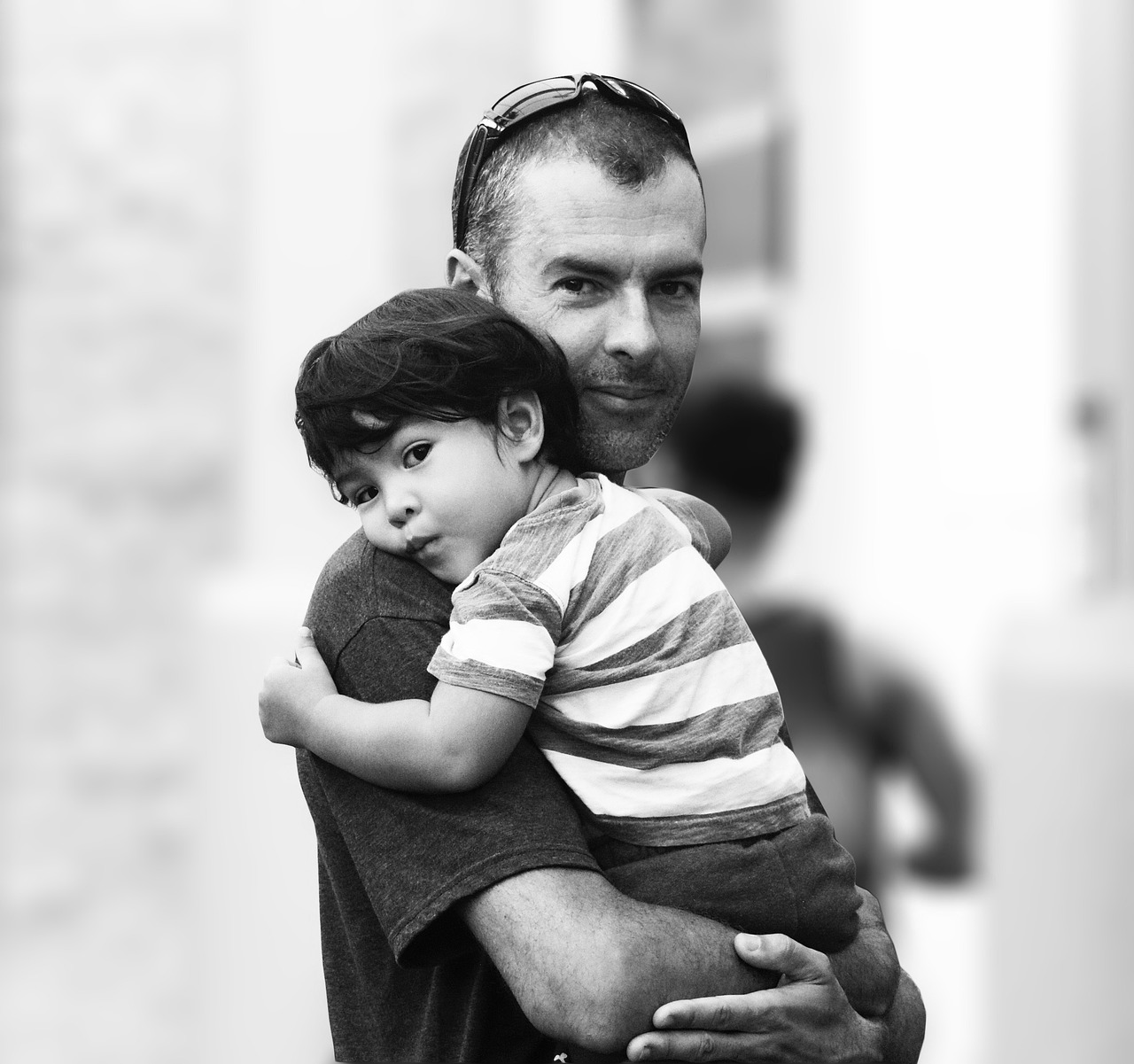
NephewNephewMy nephew is the son of my brother or my sister. |

His nephew rides a bike.His nephew rides a bike. |

WifeWife |

My wife cooks dinner.My wife cooks dinner. |
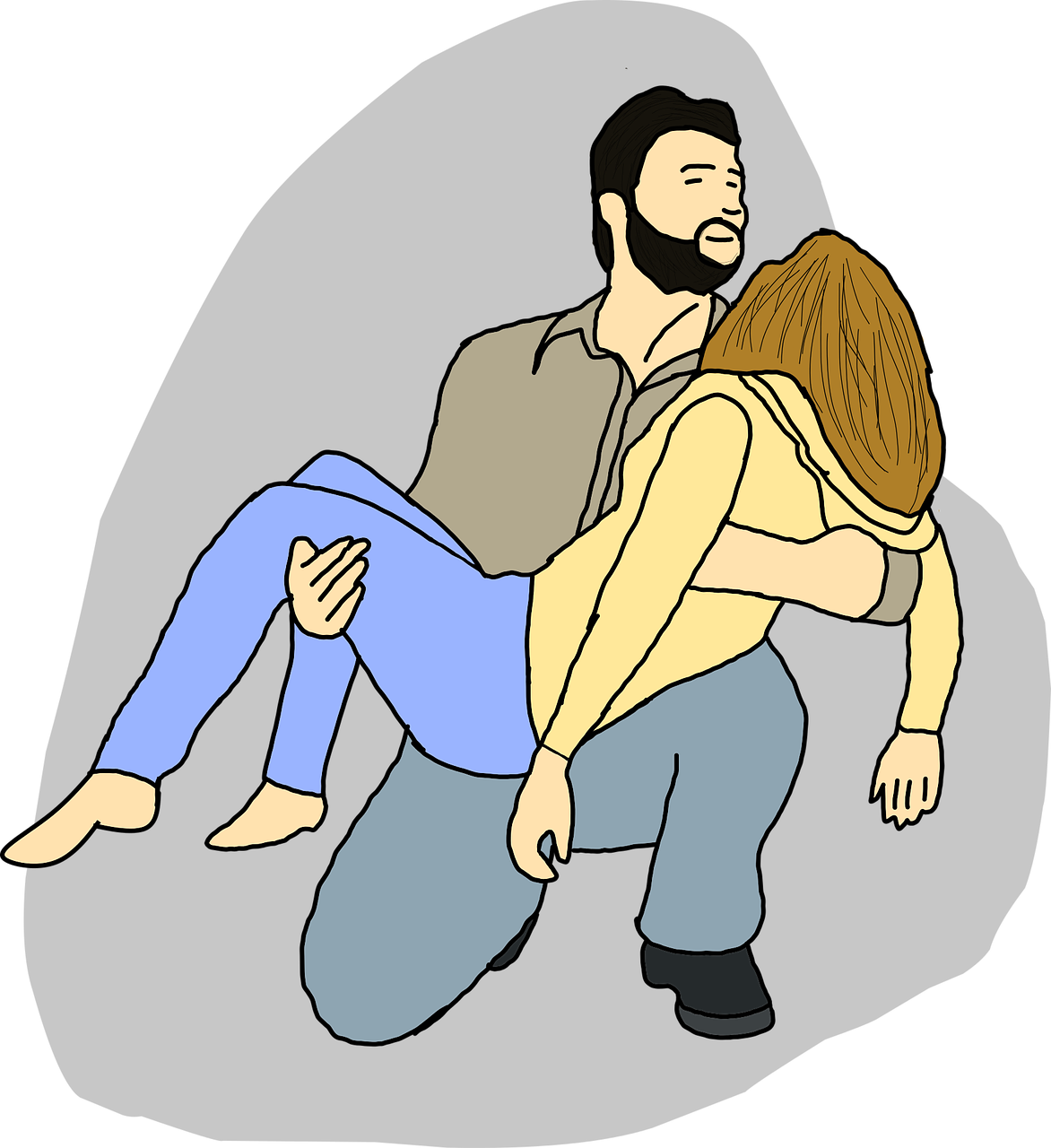
HusbandHusband |
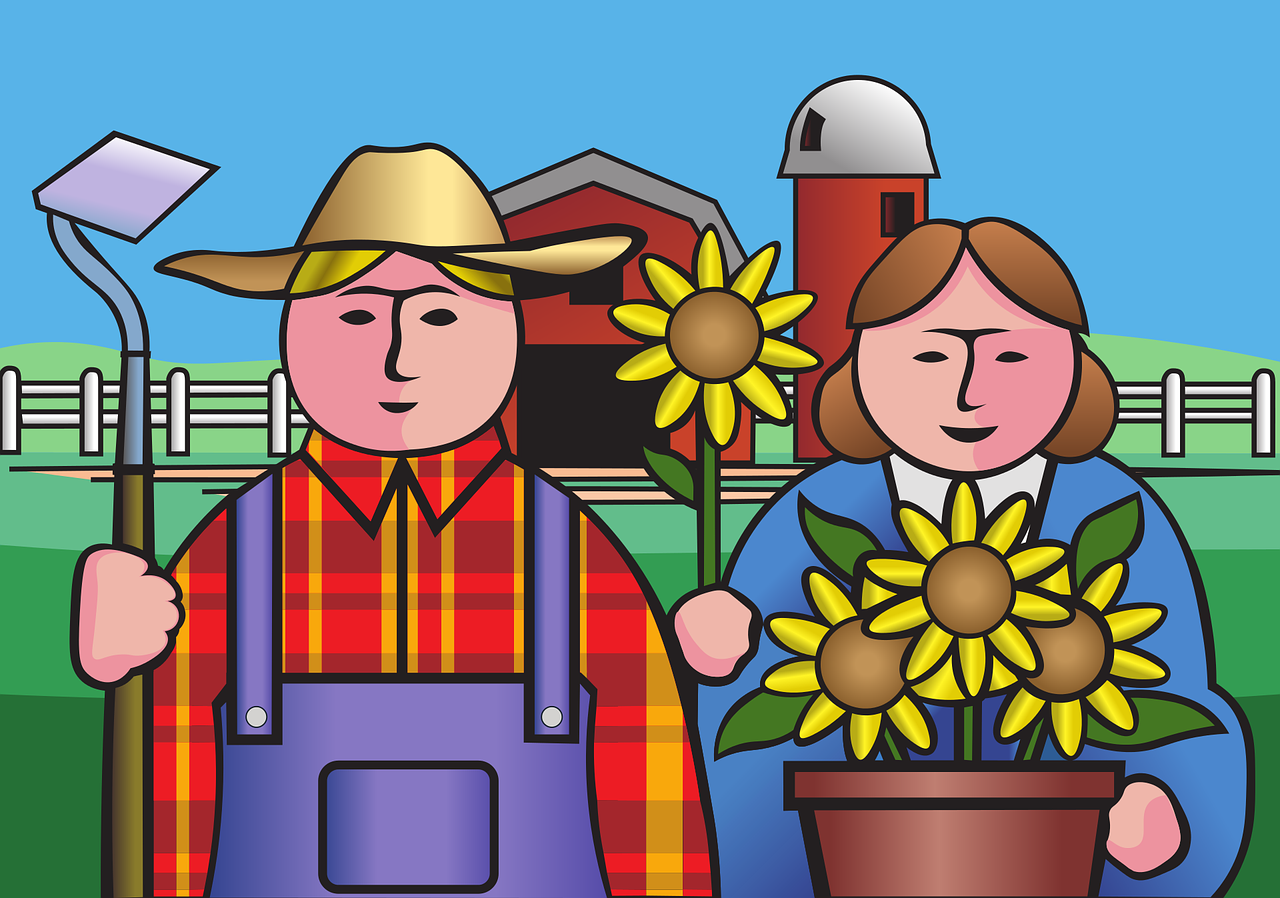
Her husband works hard.Her husband works hard. |
Q&A Section: Question: What is the term for your mother's sister?
Answer: Aunt.
Question: How do you refer to your brother's or sister's child?
Answer: Nephew (for a boy) or niece (for a girl).
Question: Who is your father's father?
Answer: Grandfather.
Question: What do you call your female parent?
Answer: Mother.
Question: How do you refer to your male sibling?
Answer: Brother.
Great job! You have now learned about basic family members in English.
Practice using these terms in your conversations to become more familiar with them.
Understanding family member vocabulary will help you discuss your family and relationships more effectively.